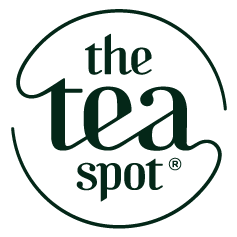 Breaking news….
Breaking news….
Mushrooms and green tea might significantly help in preventing breast cancer. According to a behavioral study of 2,000 Chinese women, the more fresh and dried mushrooms they ate, the lower their risk of developing breast cancer. The rates were even lower for women who drank green tea on a daily basis.
Lab research has shown mushroom extracts to have anti-tumor characteristics that stimulate the immune system’s cancer defenses, and green tea contains important antioxidant compounds. The study is published in March’s “International Journal of Cancer.”
For more details, the study’s abstract follows:
|
Dietary intakes of mushrooms and green tea combine to reduce the risk of breast cancer in Chinese women
|
| Min Zhang 1 *, Jian Huang 2, Xing Xie 3, C. D’Arcy J. Holman 1 |
| 1School of Population Health, The University of Western Australia, 35 Stirling Highway, Crawley, Perth, WA 6009, Australia 2Department of Oncology, Cancer Institute, Second Affiliated Hospital, Zhejiang University School of Medicine, Hangzhou, People’s Republic of China 3Women’s Hospital, School of Medicine, Zhejiang University, Hangzhou, People’s Republic of China |
| Abstract: |
To investigate effects of dietary mushrooms and joint effects of mushrooms and green tea on breast cancer, a case-control study was conducted in southeast China in 2004-2005. The incident cases were 1,009 female patients aged 20-87 years with histologically confirmed breast cancer. The 1,009 age-matched controls were healthy women randomly recruited from outpatient breast clinics. Information on frequency and quantity of dietary intake of mushrooms and tea consumption, usual diet, and lifestyle were collected by face-to-face interview using a validated and reliable questionnaire. Compared with nonconsumers, the Odds ratios (Ors) were 0.36 (95% CI = 0.25-0.51) and 0.53 (0.38-0.73) for daily intake of 10 g fresh mushrooms and 4 g dried mushrooms, based on multivariate logistic regression analysis adjusting for established and potential confounders. There were dose-response relationships with significant tests for trend (p <1.05 g dried green tea leaves per day. The corresponding linear trends were statistically significant for joint effect.
